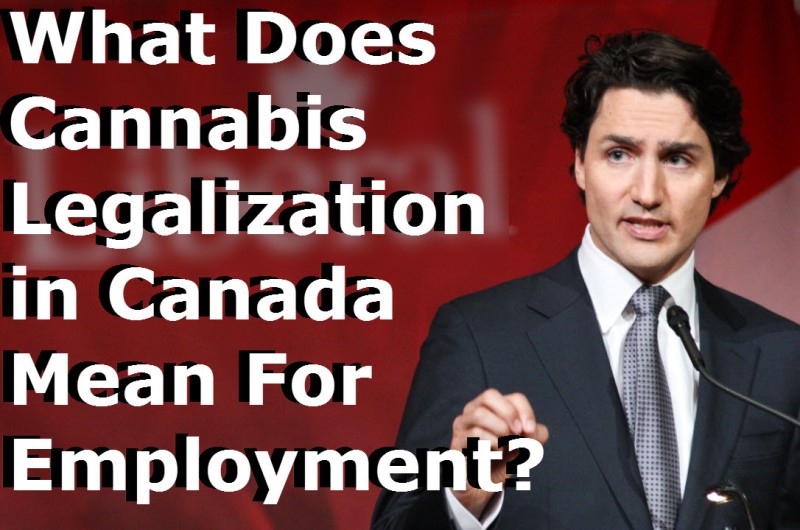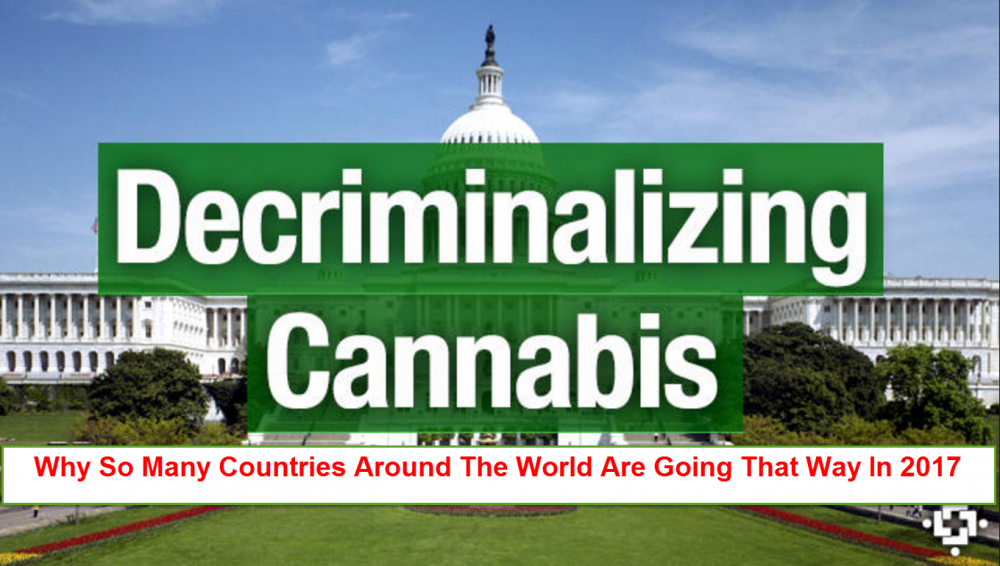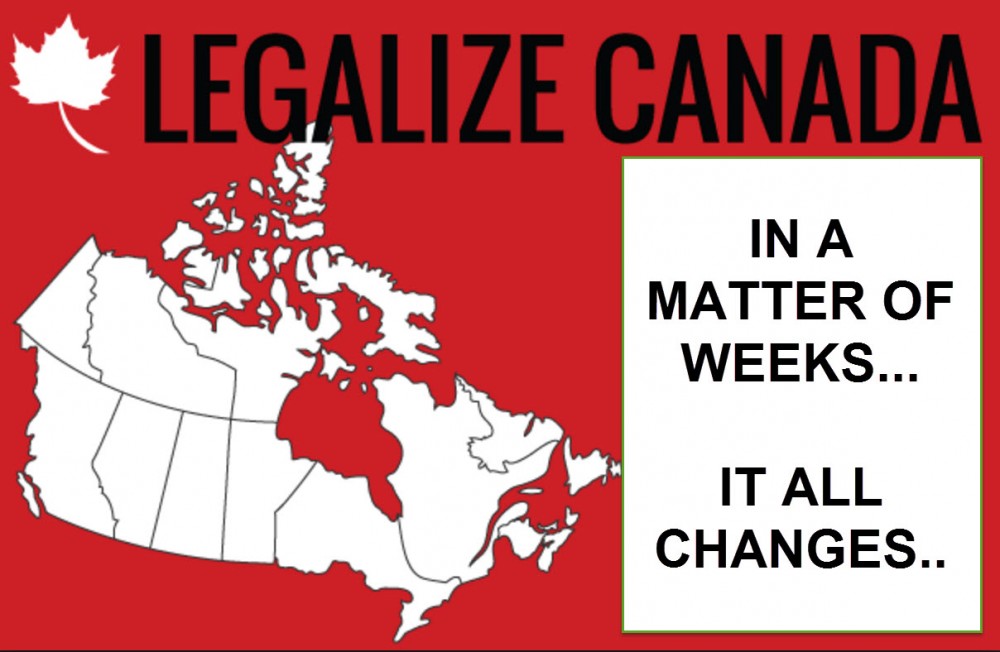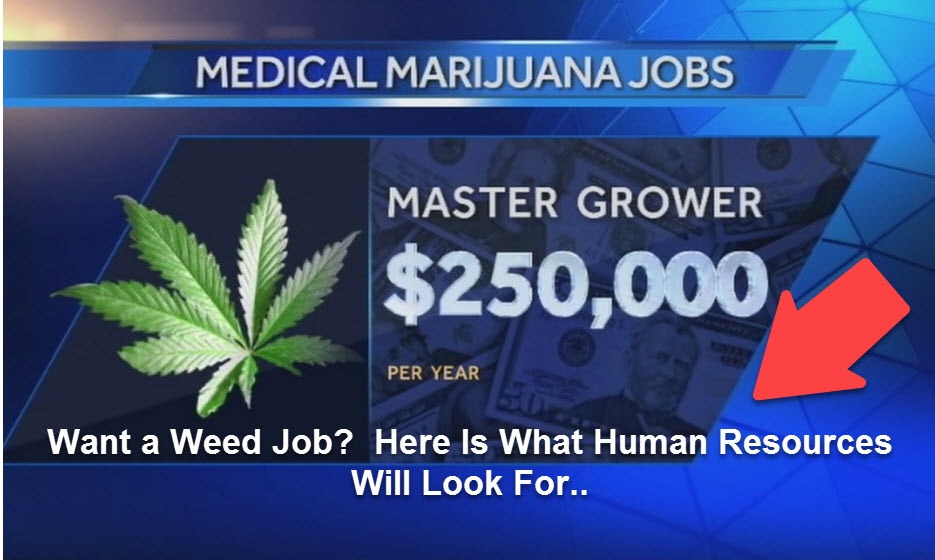What Does Cannabis Legalization in Canada Mean For Employment?
The grass is greener in Canada
(Check cannabis job openings in Canada and the USA, click here for our job board!)
Canadians had much more to celebrate on April 20 of this year. As of last Thursday, the federal Liberal government of Canada decriminalized marijuana use. This is a big leap and finally, the other side of the border has set out the plans for legalizing recreational cannabis. However, it will be up to each province to determine their own laws with regard to selling and distributing cannabis, all of which are expected to be finalized come July of 2018.
Decriminalizing cannabis poses some serious questions relating to the job landscape. How will employers now respond to these changes? Even the Canadian judicial system faces some challenges due to these (good) developments in the political landscape. Just on April 3, an Ontario Superior Court judge declined a grant a ban which would do away with random drug testing requested by a union of employees from the Toronto Transit Commission. As of now, the impact of this of changing attitudes towards cannabis in the overall thread of Canadian society particularly in the workplace can’t be fully understood yet.
Employees shouldn’t expect immediate changes from their employers. Once cannabis is fully legal, this doesn’t mean that the following day, your HR department will allow you to use it while you’re at work, or change their own drug testing laws right away. Nope – this isn’t going to happen. Your boss still expects you to show up at work sober and ready to perform all your deliverables. Canadian employers will still have the right to discipline employees if they violate the rules or if their cannabis use has been shown to impact their performance on the job. In Ontario, the same rules for smoking tobacco would apply to smoking cannabis. Companies will also have to review and change their policies though, once the Cannabis Act is implemented. Because it’s a legal change, businesses may have to also adjust their views on the plant, away from the traditional views of the past.
The Canadian government calls for certain changes, one of which is for employers to stop referring to cannabis use as illegal and only something that can be done during off-duty hours. Using cannabis will no longer be seen as illegal BUT employers will still have the right to restrict use and possession of it at their workplaces. Employers also have to be more considerate of cannabis use to treat medical conditions. Ideally, they should treat medical cannabis use on the same level as other policies with regard to prescription medications and its use at the workplace. Both provincial and federal human rights legislations state that employers are required to accommodate employees with disabilities to the point of undue hardship. Certain factors will have an impact on the accommodation factors including the kind of work the employee is required to perform, his/her financial ability to accommodate, and how cannabis use impacts the employee’s primary duties. There will be a few situations where employers may require a formal leave of absence to be filled out if an employee needs to undergo treatment with cannabis. In these cases, the workload may be reassigned to another employee, after which the employee will be reinstated after they’ve fully recovered.
Employers should also balance employee accommodation with the law based on both provincial and federal occupational laws on health and safety, and providing a safe workplace. Section 25 of the Ontario Occupational Health and Safety act states that employers should always take “every precaution reasonable in the circumstances for the protection of a worker.” If jobs are a compromise to safety, such as those in construction or operating heavy machinery, these may have other requirements that will add safety concerns when the accommodation plan is inclusive of cannabis use.
These are all changes that could happen in the near future to the Canadian workforce, and both employer and employee may still end up confused. Unless provincial and federal legislation legalizes cannabis and has already regulated its production and use, and these rules make it to the workforce, the current laws are still the same. Regardless, it’s in the best interest for employers to prepare fto adjust their HR policies as early as now.
Check out cannabis job board, click here.
What other changes do you think companies should adapt to accommodate the new rules on cannabis?
OTHER STORIES YOU MAY LIKE..
HOW RECREATIONAL CANNABIS WILL WORK IN CANADA, CLICK HERE.









